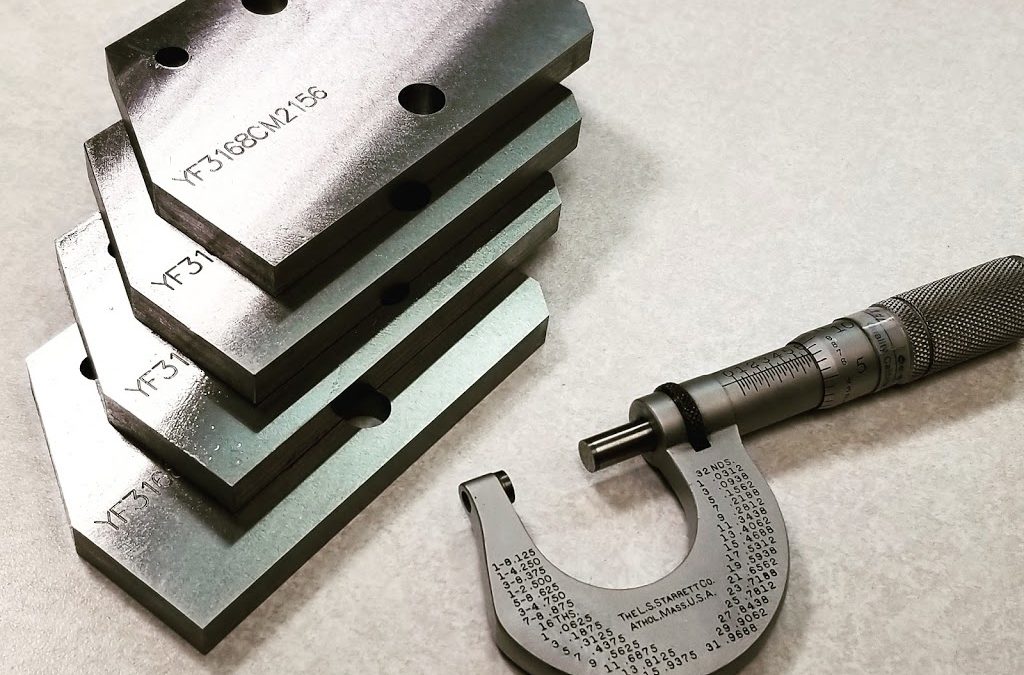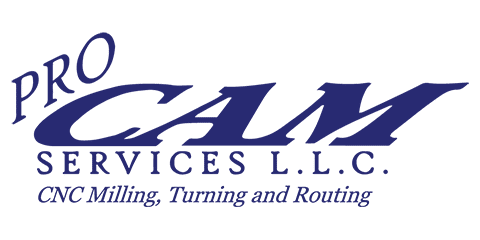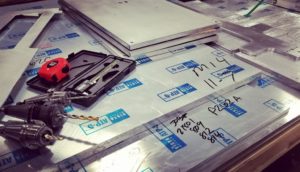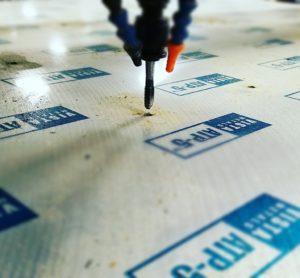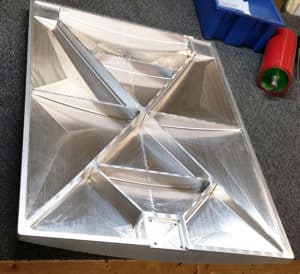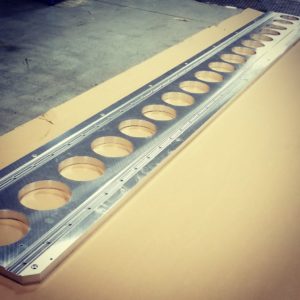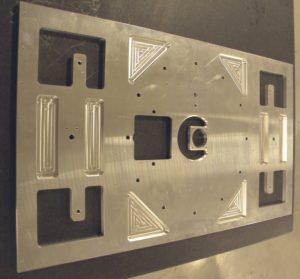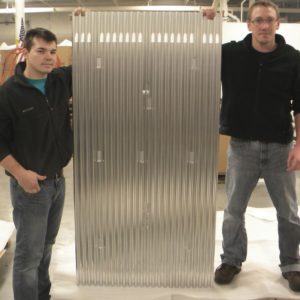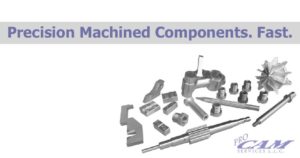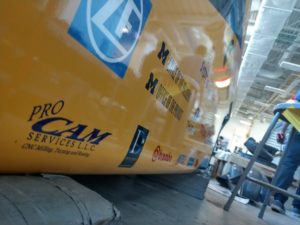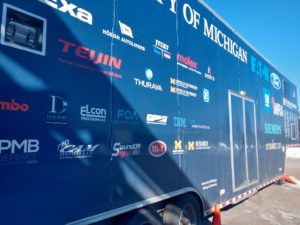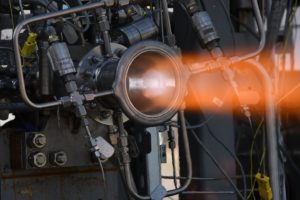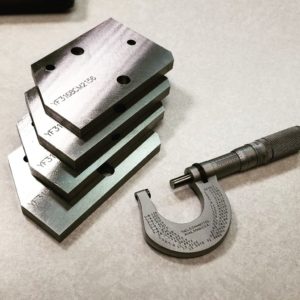How to Choose Your CNC Machining Plastic For Manufacturing
ABS
ABS is a thermoplastic polymer with strong impact resistance, low electrical conductivity, and high chemical resistance. Due to its adaptability, ABS is widely beneficial and one of the known plastic compatible with CNC machining. Some applications where ABS is utilized are producing automobile components, toys, and sporting goods. On the other hand, while it is less expensive than other plastic materials, it is essential to note that it cannot sustain high temperatures for an extended period.Nylon
Nylon is a polyamide polymer and a strong and durable plastic used for various purposes. It has good machinability, moderate flame resistance, and high strength, among other advantages. Nylon tolerates high temperatures and is resistant to wear. In addition, it is chemically and thermally resistant and has the rigidity and strength to withstand deformation under load conditions. These characteristics make it an excellent material for insulators, bearings, wheels, and consumer electronic enclosures. Nylon is a fantastic option for applications that require inexpensive, sturdy, and durable components. Electrical insulation, medical devices, circuit board mounting hardware, vehicle engine compartment components, and aerospace components are the most prevalent applications for nylon. Many of these applications serve as a cost-effective substitute for metals. Additionally, glass-filled nylon is a common material that is excellent for CNC machining.Acrylic
PMMA (Poly Methyl Methacrylate) plastic is acrylic's chemical makeup, also known as Plexiglass and Luctie. PMMA is an alternative to glass and light pipes since it is durable, transparent, scratch-resistant, and impact-resistant. Additionally, it may be easily glued using acrylic cement. Other popular applications include vehicle light components, light tubes, tanks, display panels, clear enclosures, food storage containers, and lenses or other optical engineering components. If a machined surface requires transparency, it can be polished as an additional post-processing step. Acrylic surfaces that have been machined lose their clarity and acquire a frosted, translucent appearance. As a result, it is generally advisable to indicate whether or not an acrylic component should be left at a stock thickness to preserve transparency.HDPE
HDPE is an abbreviation for high-density polyethylene. Its crystalline structure makes it naturally opaque and waxy, but it can also be dyed black. HDPE offers excellent chemical resistance, electrical insulation, and a slick surface. It has a low friction coefficient and good low-temperature impact resistance. Additionally, it is inexpensive and durable for CNC-machined plastic parts. HDPE is used in gasoline tanks, plastic bottles, fluid pipes, and other applications. Due to its chemical resistance and slipperiness, it is ideal for producing plugs and seals, but it is also an excellent option for weight-sensitive or electrically sensitive applications. The sole disadvantage of this material for CNC machining would be its low strength, particularly in tension and bending, making it susceptible to stress fractures.Delrin or POM
Delrin or Polyoxymethylene (POM) is a suitable CNC machining plastic for high-friction, tight-tolerance, or stiff applications. Its reliability and durability make it popular in commercial markets. In addition, Delrin has the advantage of its superior resistance to impact, chemicals, moisture, and fatigue. Delrin is utilized in gears, bearings, bushings, fasteners, assembly jigs, automotive, construction, and electronics components. The downside, however, is that Delrin's slipperiness makes it difficult to glue. The material's inherent tensions make it warp-prone in thin or asymmetrically removed portions. Overheating Delrin or POM can cause harmful off-gassing.Polycarbonate
Polycarbonate is the most durable plastic for CNC machining. In addition, it is one of the world's most frequently CNC-machined and recycled plastics. It is offered commercially in a black hue, despite its inherent milky-blue transparency, which is glossy. Polycarbonate offers strong impact resistance, rigidity, and temperature stability. It is 250 times more impact-resistant than glass and more resilient than acrylic. This quality makes it suitable for robust, transparent plastic applications, such as CDs, DVDs, mobile phones, and bulletproof glass. Additionally, pure polycarbonate is scratchable and wears quickly, which is why it is post-processed with anti-scratch coatings and vapor polishing to improve wear resistance or optical clarity.The Bottom Line
In terms of functional qualities, many plastics can replace metals. And CNC machining is the most excellent alternative if you want to work with a challenging plastic material or produce complex prototypes with enhanced structural strength! ProCam Services LLC can create prototypes or mass quantities of sophisticated, precision-machined components with extremely tight tolerances. We process many materials, including plastic, aluminum, and stainless steel. We've been known for precisely meeting deadlines and producing high-quality work for years. Learn more about our services and capabilities by contacting us today!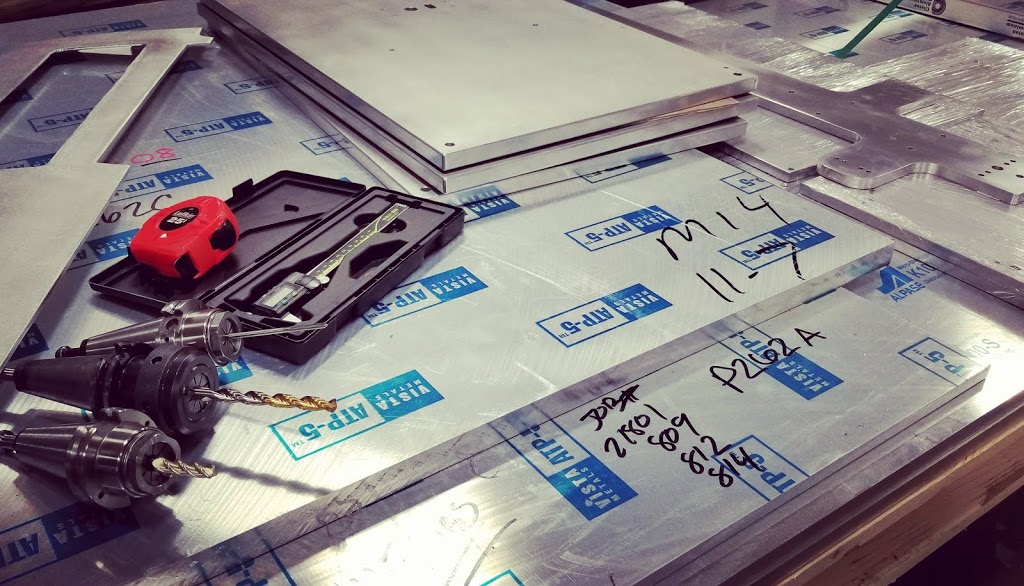
We Specialize in Big Aluminum Plates!
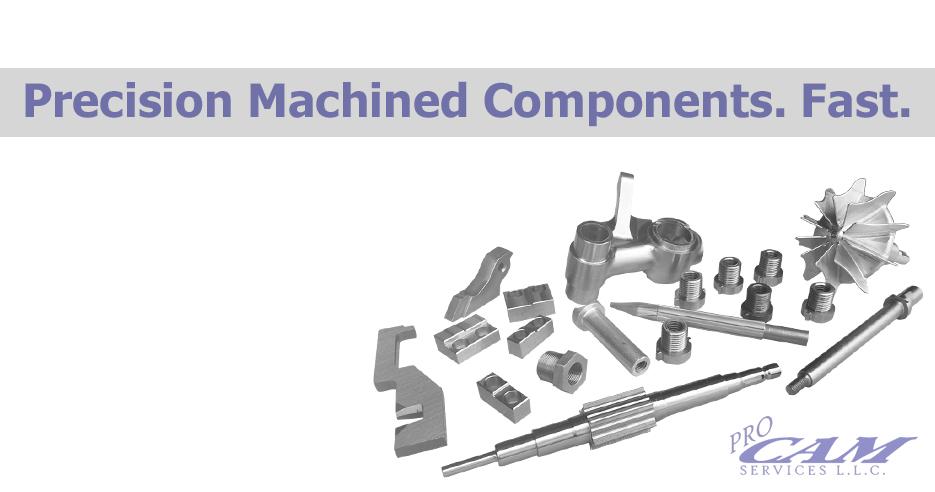
New Position Added to Pro-Cam Services LLC.
Pro-Cam Services LLC. Is proud to announce the addition of a new position to our organization!
Pro-Cam Services LLC. has added a Shop Foreman to our team with over twenty years of job shop machining experience. The new Foreman position will lead the shop floor, help with increasing efficiencies, quickly solve any problems to ensure jobs stay on schedule, help with scheduling, increases on-time delivery and improving the accuracy of status updates to our customers. We are super excited about this new addition to our team!
Remember Pro-Cam Services LLC. offers fast precision machining services to a wide variety of industries. Both our FAST TRACK SERVICE and our STANDARD DELIVERY SERVICE operate on very short lead times and we can often deliver precision machined parts to you much faster than others in our industry. Try us for your rush delivery and/or prototyping needs. We also do a wide variety of made to order machining projects in both low and high quantities for a variety of industries!
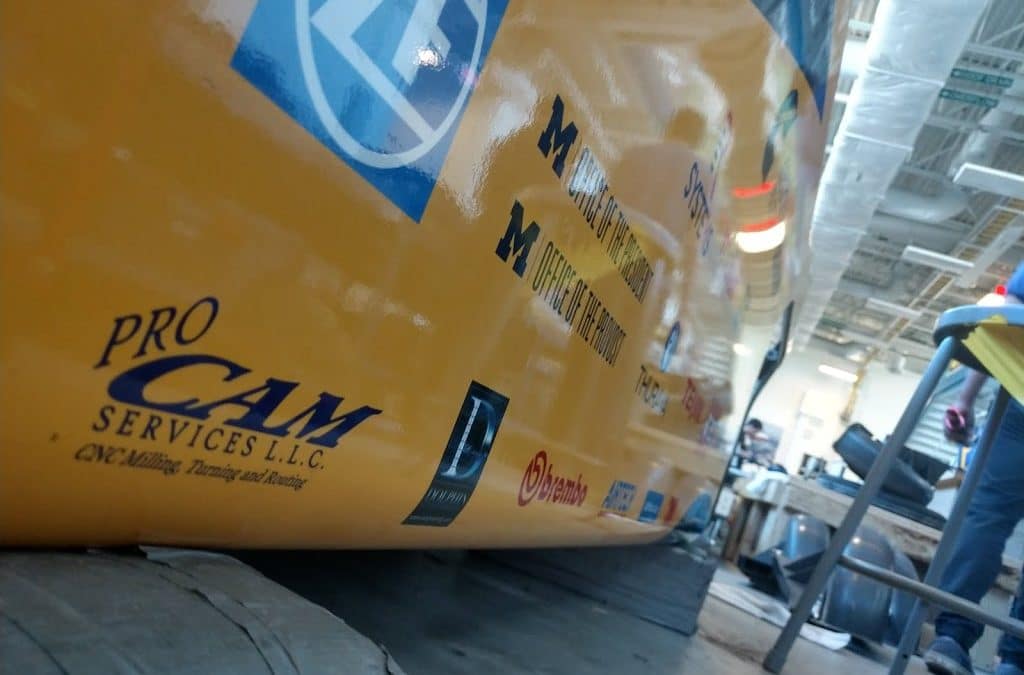
UofM second place finish in the 2017 Bridgestone World Solar Challenge in Australia!
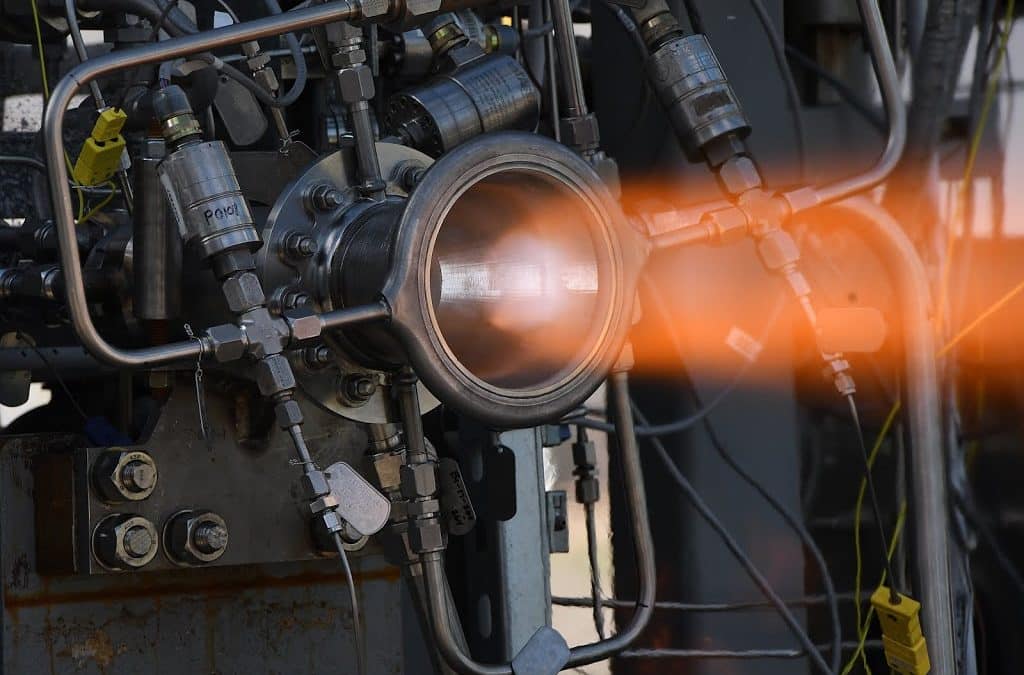
Details machined at Pro-Cam Services LLC. for NASA Marshall Space Flight Center!
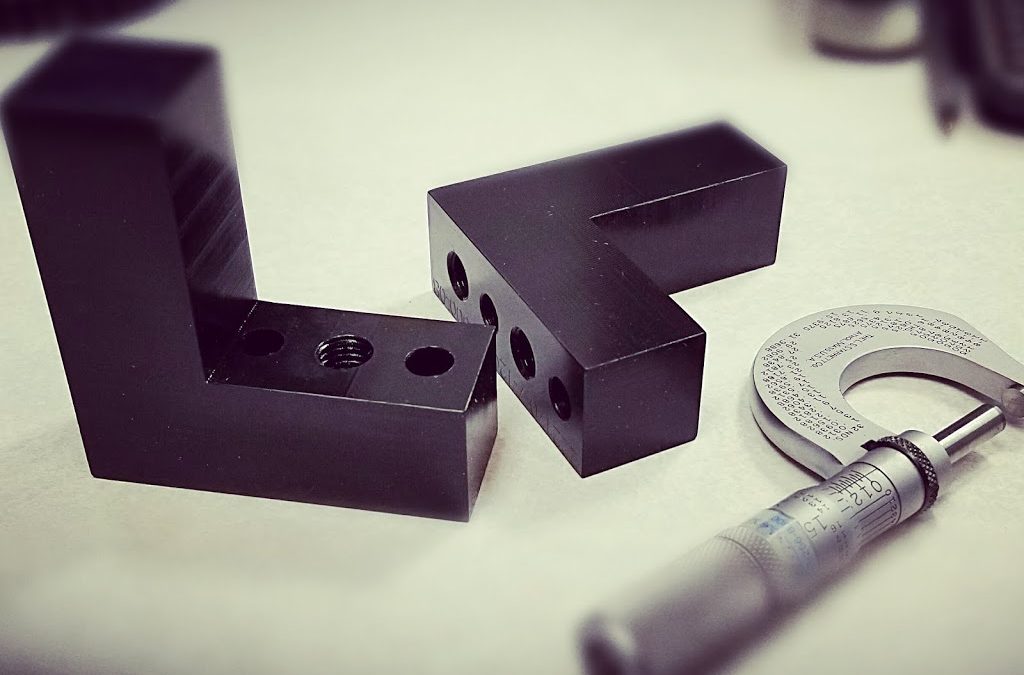
We added a Black Oxide line!
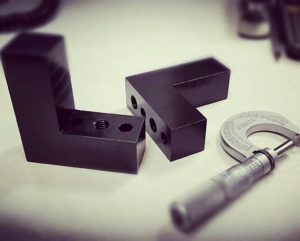
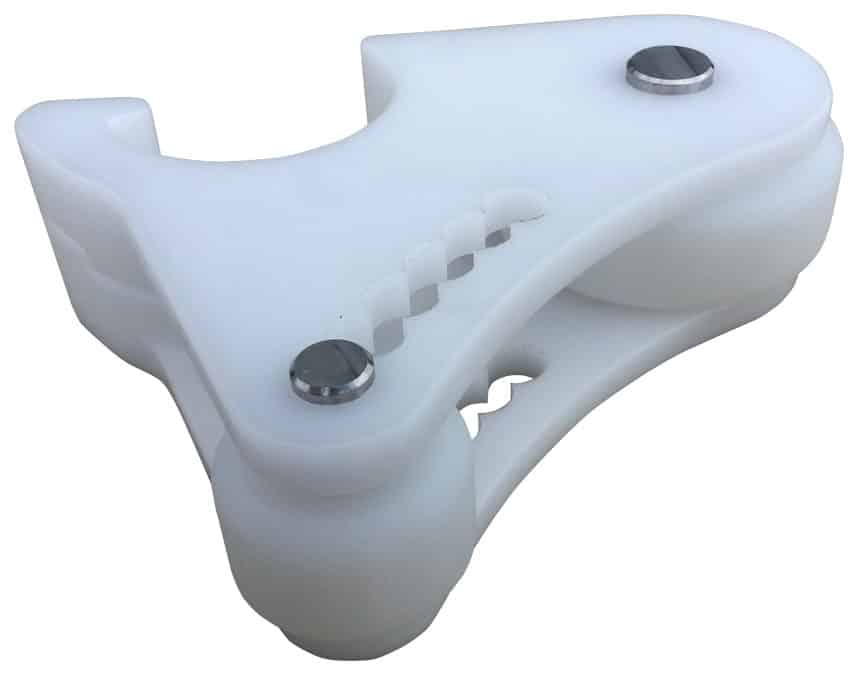
A six piece assembly machined to tight tolerances and assembled complete at Pro-Cam Services LLC.
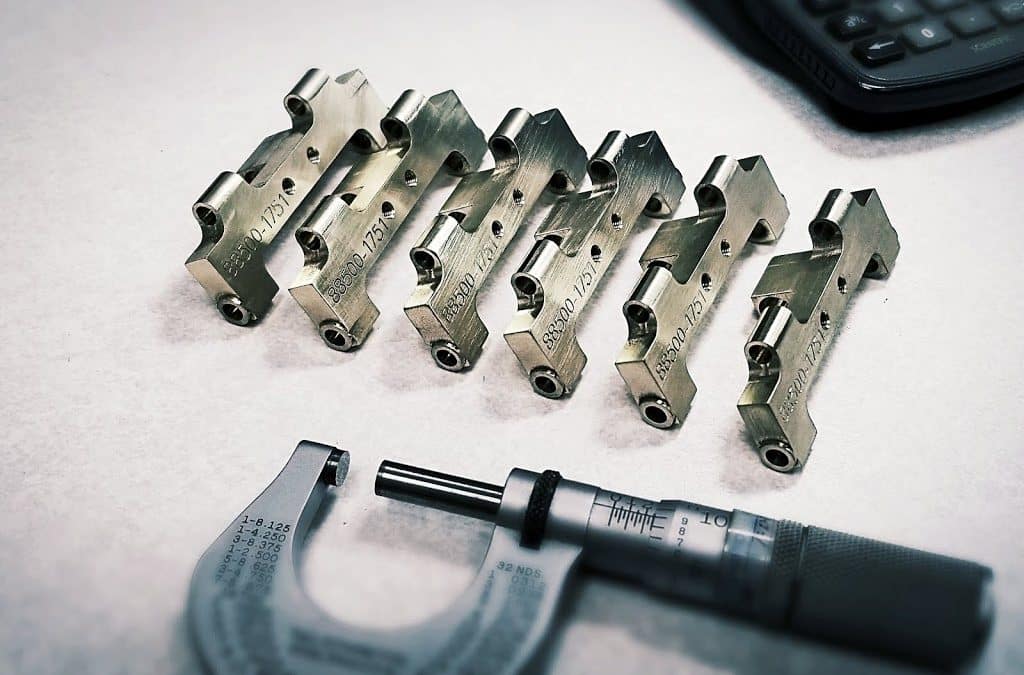
Precision Bronze Details Machined to Tolerances of +/- .0005
